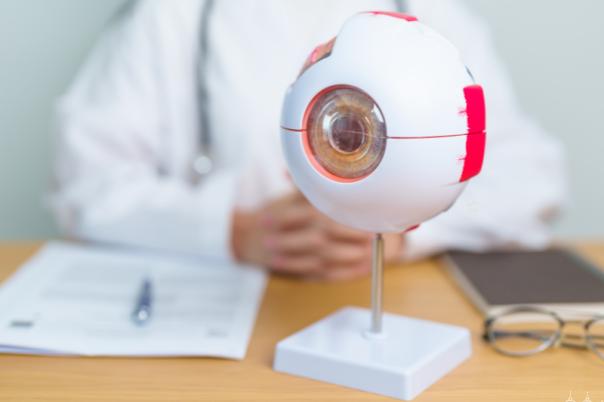In a recent press release, Seaport Therapeutics announced that the first patient had been dosed in a Phase I clinical trial of its treatment for generalised anxiety disorder.
Seaport’s GlyphAgo is an oral prodrug of agomelatine. Agomelatine is a clinically validated receptor agonist and serotonin 2C receptor antagonist. It has been shown to be an effective antidepressant. Agomelatine is approved for the treatment of Generalised Anxiety Disorder (GAD) in Australia and major depressive disorder (MDD) in Australia and the EU.
In GAD, compared to standard of care drugs, agomelatine has demonstrated benefits like lower risk of abuse potential, sexual dysfunction, and weight gain. However, over 90% of unmodified agomelatine is lost to first-pass liver metabolism, and its use has been limited by dose-dependent liver enzyme elevations and the need for frequent liver monitoring.
Anthony Loebel, Chief Medical Officer, President of Clinical Development at Seaport Therapeutics, commented on the unmet need: “Anxiety disorders are the most prevalent neuropsychiatric disorders, impacting nearly 30% of adults at some point in their lives, with GAD alone affecting approximately 100 million adults worldwide. Despite this, in the US, no new drugs or mechanisms have been approved for GAD in decades.”
While Seaport has leveraged its Glyph platform to enable GlyphAgo to overcome this limitation by shifting absorption towards intestinal lymphatics. This avoids first-pass liver metabolism and the increasing systemic exposure of agomelatine. The company hopes that GlyphAgo will achieve exposure levels that have demonstrated efficacy in GAD at a lower dose. Additionally, they hope the dose does not cause an increase in liver enzymes and reduces or eliminates the need for liver function testing.
The project will now evaluate the safety, tolerability, and pharmacokinetics of GlyphAgo in healthy adult volunteers. Loebel said: “We believe GlyphAgo has the potential to redefine the treatment landscape for GAD and represents an important clinical advancement for patients.”






